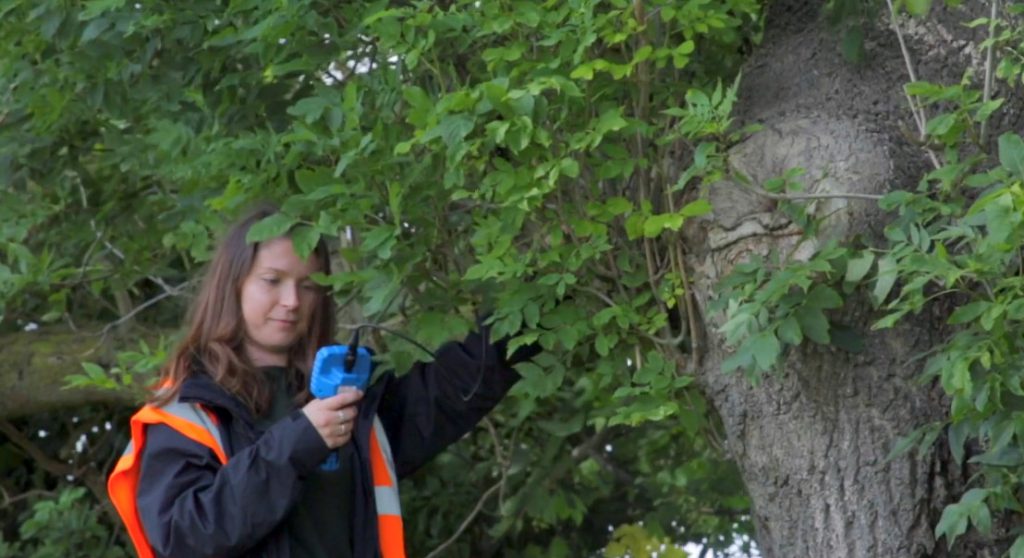West Sussex Rural Locations
Often recognised as a coastal location, West Sussex has a mix of different rural and urban areas, including country roads, towns and villages, and woodland. Across the county’s population, 58% live in urban areas and 42% live in rural areas. Aside from the developed coastal area, however, a large portion of West Sussex remains authentic and untouched.
The local authorities are given a balancing act during any application for planning consent as they attempt to encourage new developments while retaining valuable greenfield land. It is natural for a lot of developers to prefer utilising greenfield land over brownfield land due to the lack of existing infrastructure, but even then, it doesn’t mean that the land comes without any issues.
A lack of previous intervention means that the plot of land hasn’t been assessed whatsoever, and when this is the case, it is perfectly likely that historic remains could dwell on the surface or below ground. Ignoring this factor could lead to delays, penalties or significant problems with achieving a planning condition on the site. As such, developers would be advised to take the necessary approach to ensure that if archaeological remains are present, they are dealt with accordingly.
Adherence to Archaeology in Relation to Planning
Archaeologists working in close partnership with local councils in the country will offer effective support and assistance when it comes to developing suitable planning policies and only granting planning applications under the necessary conditions. The same can be said for West Sussex County Council, which offers archaeology services as well as a hub of information on the local Historic Environment Record (HER).
Although the insights and expertise of archaeologists greatly benefit the West Sussex County Council during planning decisions, developers require the same level of assistance from their end. Fortunately, they can gain an equally beneficial level of guidance by arranging an archaeology survey on their development site.
Surveying a Site for Historic Remains
Before an inspection of the site in question can take place, the archaeological consultant will conduct a set of desk-based assessments. During this preliminary stage, the site will be researched at length as an opportunity to uncover any existing information, such as indications of the site’s potential historic importance or known archaeological remains present on the site.
Upon completion of the desk-based assessment, the archaeological surveyor will attend the site for the survey itself, with a surface survey to find visible remains and a geophysical survey to find remains that may be dwelling underground. A ground penetrating radar (GPR) will act as the primary piece of highly-specialised equipment and will be driven over the entirety of the site, sending radio waves into the ground, coming into contact with objects and surfaces, and reflecting back to the device.
A GPR device will measure the distances between radio waves leaving and returning, and if any are shorter, it could be a sign of unidentified historic remains. The desk-based assessment should explain the cause of any shorter distances, but if it doesn’t, the archaeologist may suggest excavating the site. Other techniques in an archaeology survey could include site discovery and evaluation, watching briefs, aerial photography, and walkovers. Likewise, the archaeological consultant may decide to show consideration to building survey results, proximity to the National Grid, contours and earthworks.
In the days that follow after the assessment, the archaeological surveyor will begin to develop an archaeology report. Within the report are all of the details from the archaeology survey and the next steps that will make it possible for the development to continue, even if evidence points towards archaeological features being present on the site. Based on the information within the archaeology survey report, the local planning authority should see no problem with granting the application for planning permission.
Arranging an Archaeology Assessment
If ever a development project is on a site classed as greenfield land or possessing historic importance, it is likely that an archaeology survey will be needed before the local planning authority will even look over an application for planning consent. Our archaeologists are ready and able to conduct the assessment and produce the accompanying archaeology report, and with experts located all over the country, we can visit your site in West Sussex.
Prior to committing to us, you have the option of making a decision whether or not to move forward based on an accurate estimation of an archaeology survey on your specific plot of land. All you need to do is fill out an online quote form or call us over the phone, give us information about your site and project, and one of our team will send across a free quote. Providing you are happy to move forward, we can arrange a date to undertake the survey and assist you in the planning process.


